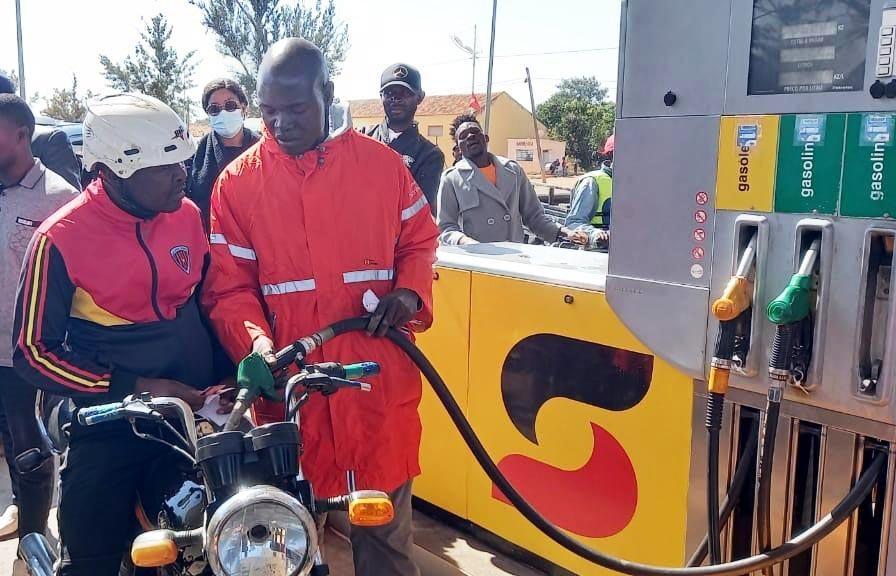Africa-Press – Angola. A senior economist at the World Bank (WB) argued that the removal of fuel subsidies in Angola must be done in a more consistent, inclusive, sustainable way, capable of mitigating social impacts.
“The issue of removing [fuel] subsidies isn’t that it’s entirely bad, but perhaps it’s the way it’s being done. We’ve been working with the Debt Management Unit and the Ministry of Finance to ensure the removal is done in a way that also mitigates the social impacts,” said Nelson Eduardo, senior economist at the World Bank’s Global Economic Policy Department.
The official, who was speaking during a panel at the Angola Economic Forum (AEF2025), which runs until Friday in Luanda, also recommended that the Angolan authorities not only withdraw state subsidies, “but also compensate those who, in fact, should be compensated.”
Nelson Eduardo also praised the Kwenda Project (a cash transfer program for the most vulnerable in Angola), while lamenting the “discontinuation” of social passes for students on public transport.
The WB senior economist, who was one of the speakers on the panel that addressed “economic growth, public investment and public debt: challenges and opportunities,” also considered that the removal of fuel subsidies “is difficult, but it is an inevitable path” for Angola.
And he argued that the issue of removing subsidies must be accompanied by effective communication [to citizens] capable of clarifying the advantages and disadvantages of removing the subsidy, aiming to “attract more social support for this measure”.
“It is an inevitable path, but it must be taken in a more consistent and somewhat more inclusive way,” he noted, highlighting that the World Bank advocates for “sustainable removal.”
The Angolan government estimates that removing fuel subsidies will save around 400 billion kwanzas per year (around 372 million euros), with the aim of redirecting resources to sectors such as health, education and infrastructure.
Since July 4, the price of a liter of diesel in Angola has risen to 400 kwanzas (0.37 euros) compared to the previous 300 kwanzas (0.28 euros), a measure that has led to increases in public and private transport and generated protests.
According to Nelson Eduardo, it makes no sense for Angola to spend around two to three billion dollars annually subsidizing fuel when it has so many basic needs to meet.
“Spending 3% of Gross Domestic Product (GDP) subsidizing a good that is essential for families and industries, when we have more urgent needs to be met, like agriculture?” he asked. The policy of removing fuel subsidies, the economist argued, “is essentially about improving the management of (…) public finances, allocating resources where they are truly needed.”
The senior economist at the World Bank’s Global Economic Policy Department also announced that the financial institution is working with the Angolan government on a new financing package valued at approximately US$750 million for this fiscal year.
He explained, at the time, that the aforementioned financing aims to implement structural reforms, not only in the area of removing fuel subsidies, but also in improving public finance management, human capital training, energy and technology.
angola24
For More News And Analysis About Angola Follow Africa-Press






